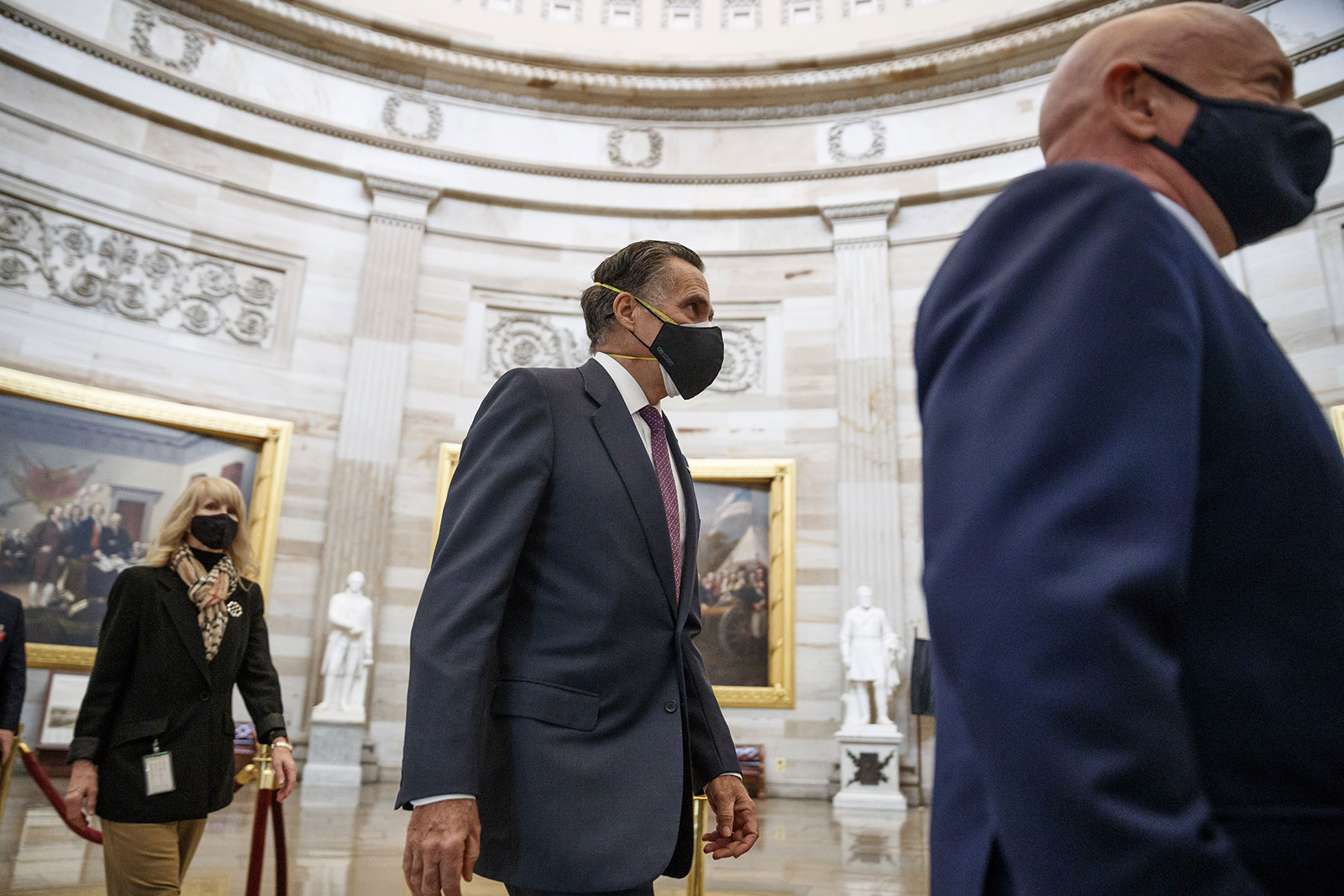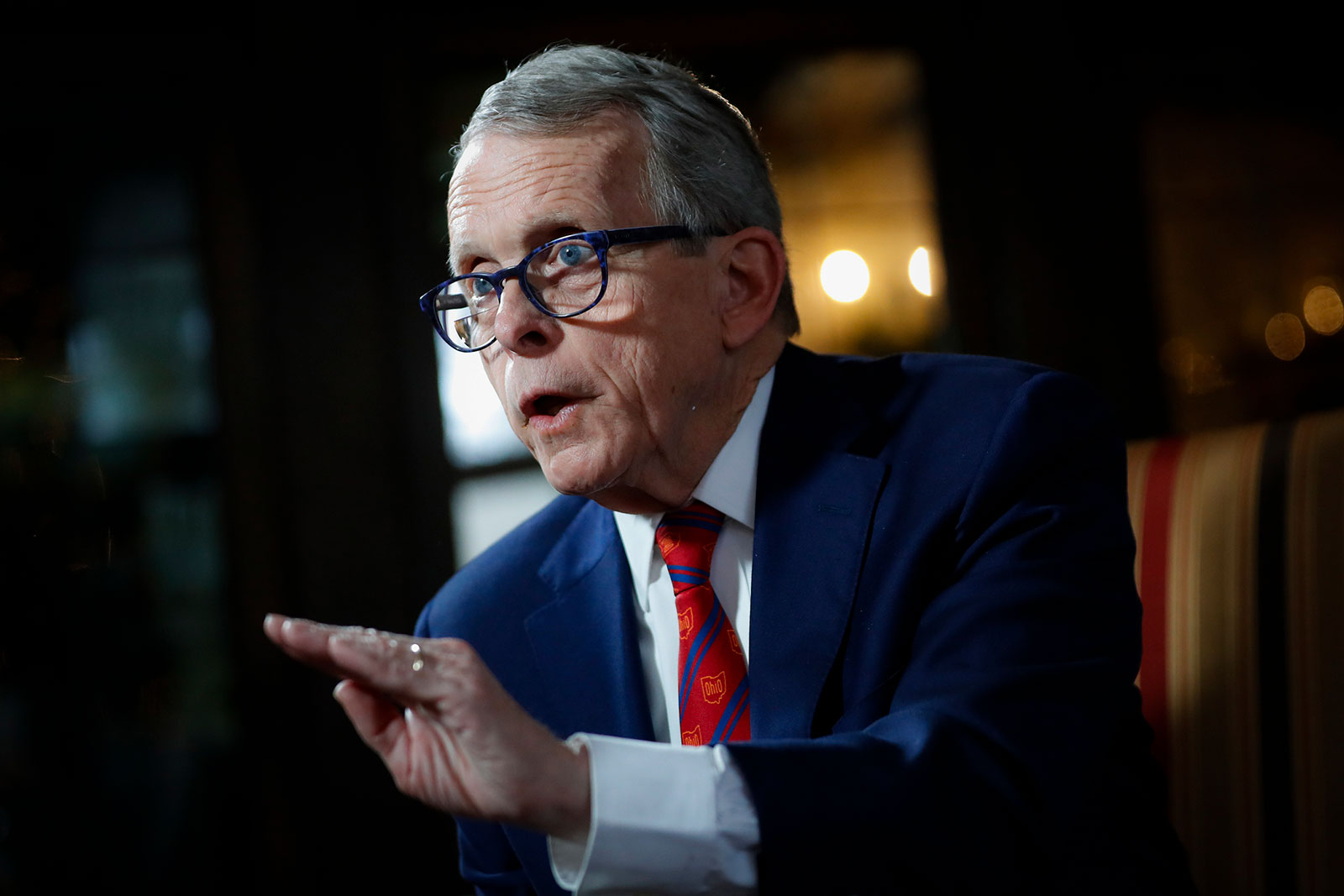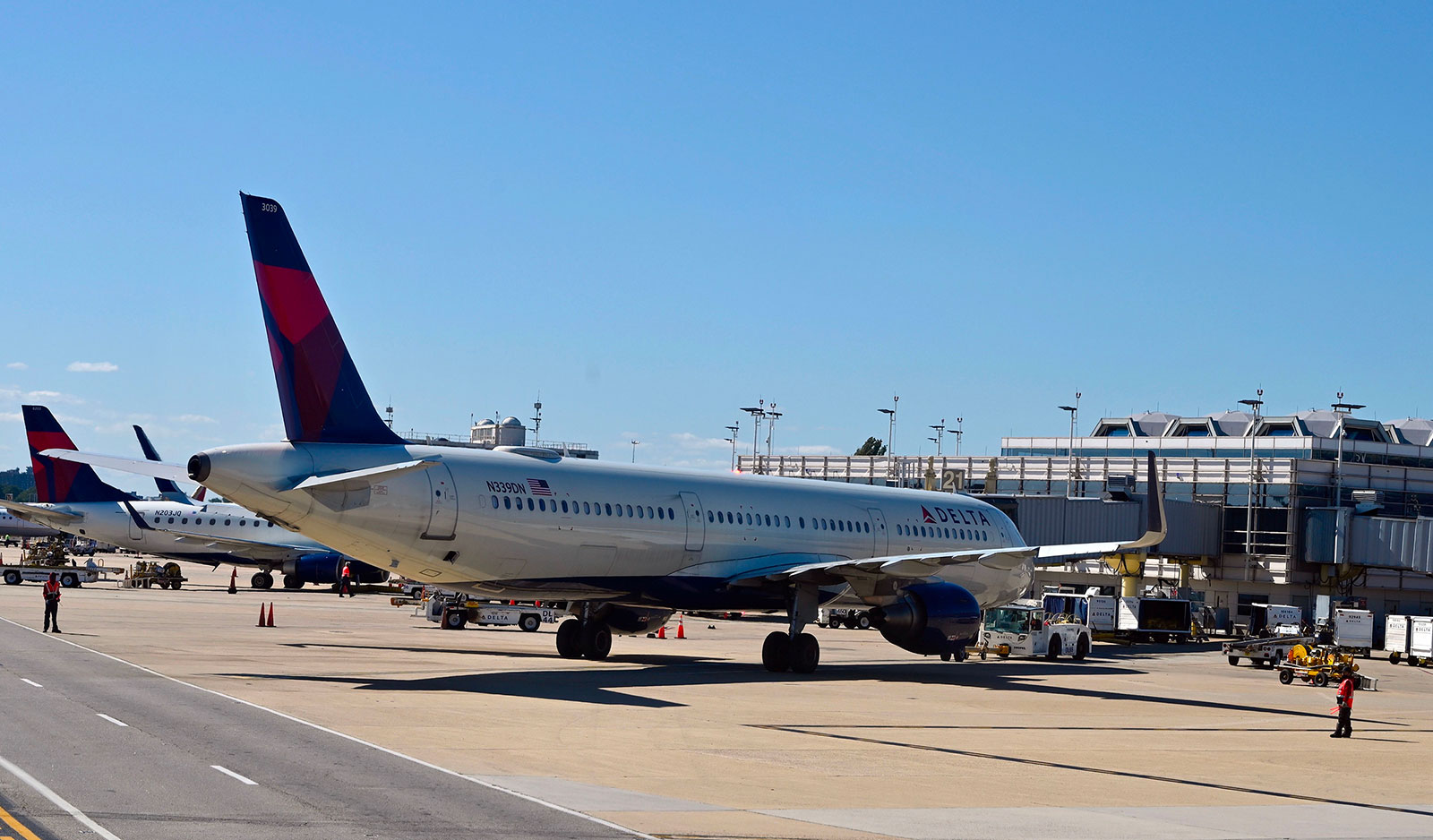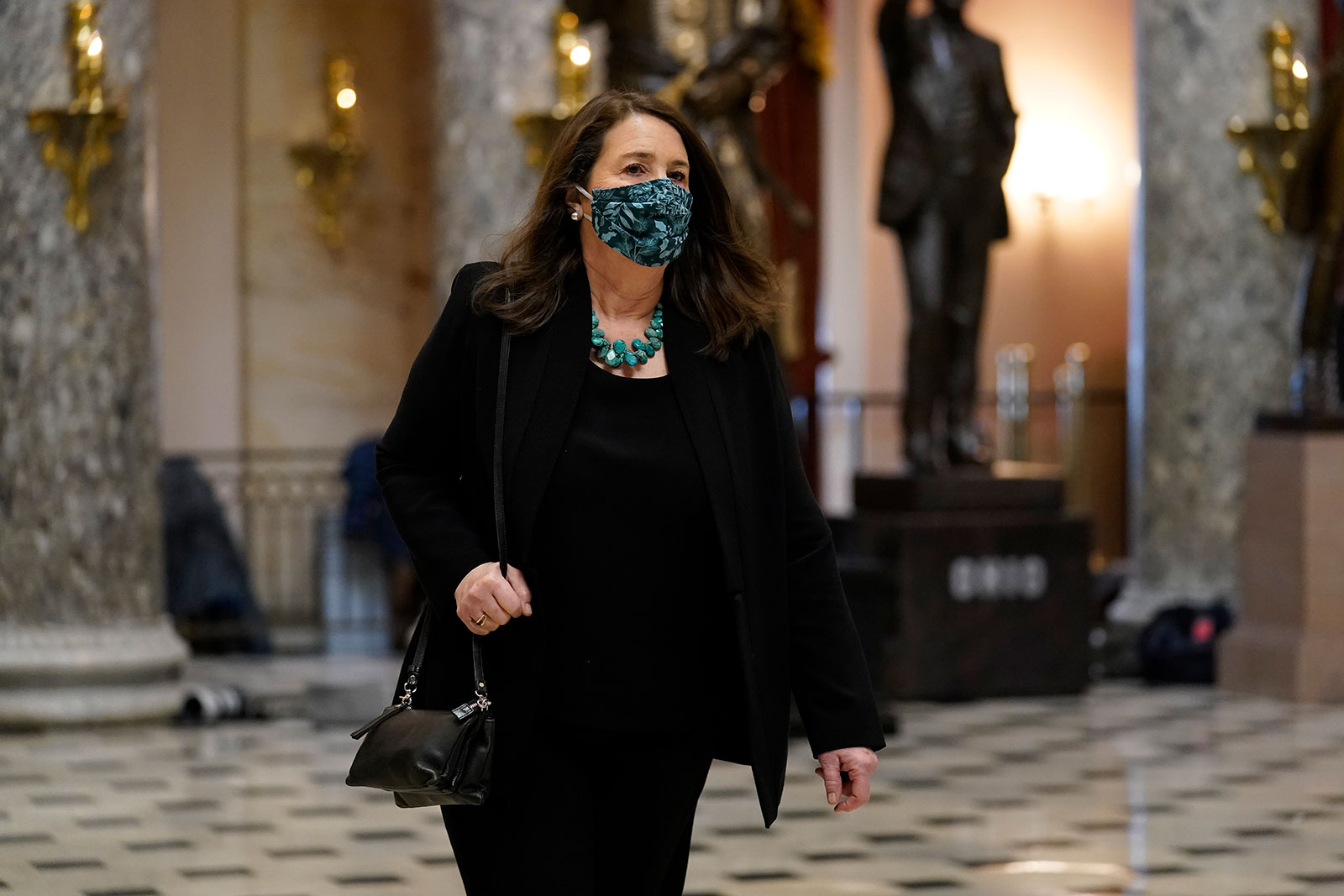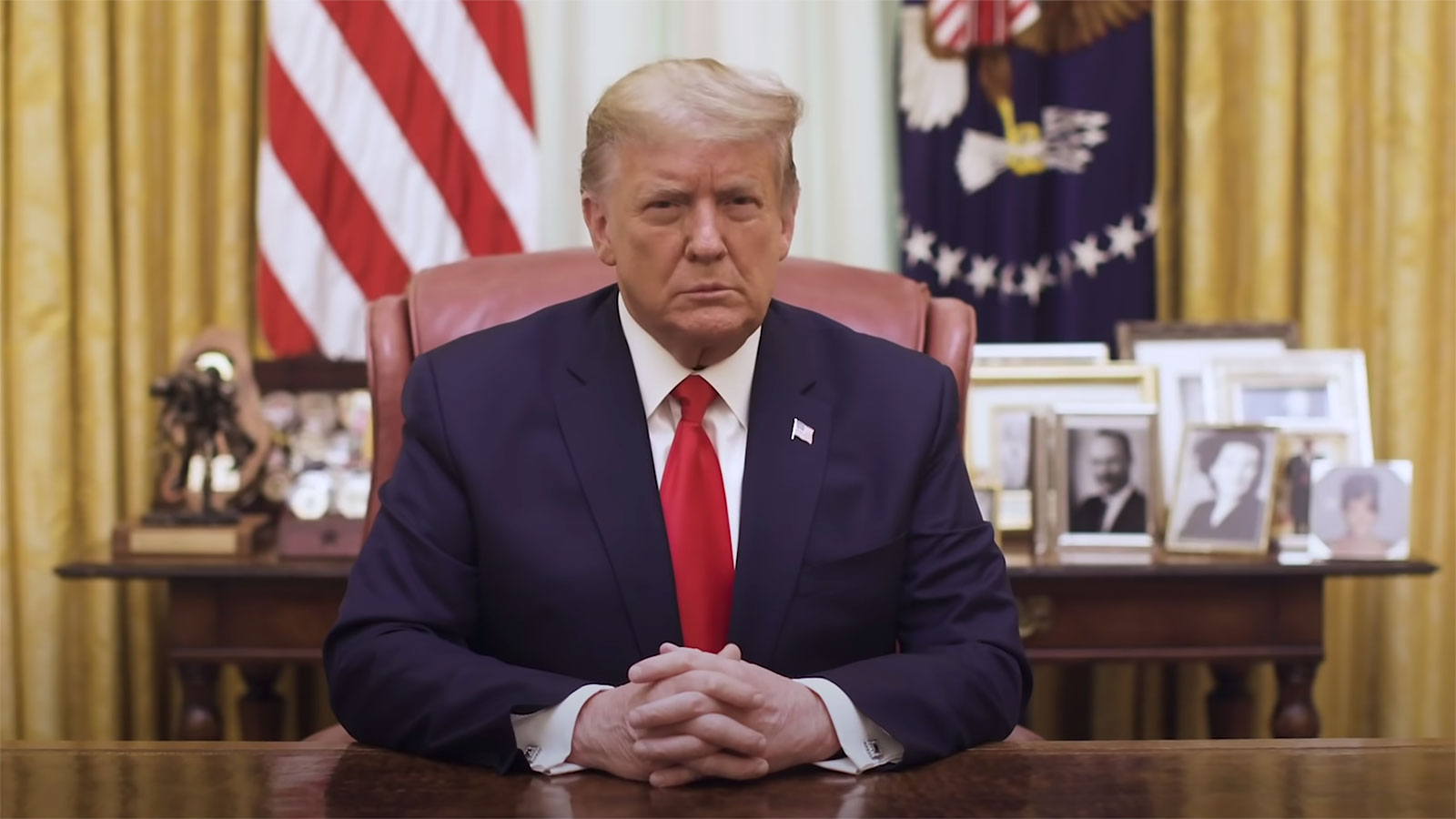Over the next several days, some Republicans senators will make it very clear where they stand on impeachment.
Sen. Lindsey Graham and Sen.Tim Scott, both Republicans from South Carolina, have done that. Last night, Sen. Tom Cotton, a Republican from Arkansas, did it too. Cotton said that after Trump leaves office, “the Senate lacks constitutional authority to conduct impeachment proceedings against a former President.”
Sen. Rob Portman, a Republican from Ohio who is up for reelection in 2022, said his decision will be based off of not only the evidence he hears, but “among my considerations will be what is best to help heal our country rather than deepen our divisions.”
Remember: Republicans must have 17 members vote "yes" to convict Trump in the Senate. All eyes have been on what McConnell decides.
CNN is told by multiple GOP aides that McConnell’s decision will certainly have an impact on the conference. But, it’s also important to remember that while McConnell has a lot of influence, he’s not going to be whipping members on a vote like this.
And, for members in states where Trump is popular, McConnell’s vote may not sway them at all. That doesn’t mean members are not obsessing about where McConnell falls on this.
In fact, multiple Republican members and aides CNN has spoken to in recent days have wondered why McConnell has stayed as quiet as he has. Members are asking each other what their leader is thinking.
CNN asked a series of Republican senators if they’d heard from McConnell in recent days on this topic and aside from the conference-wide note he sent yesterday, all of the members and aides CNN talked to said McConnell has been giving members their space to think through this on their own.
